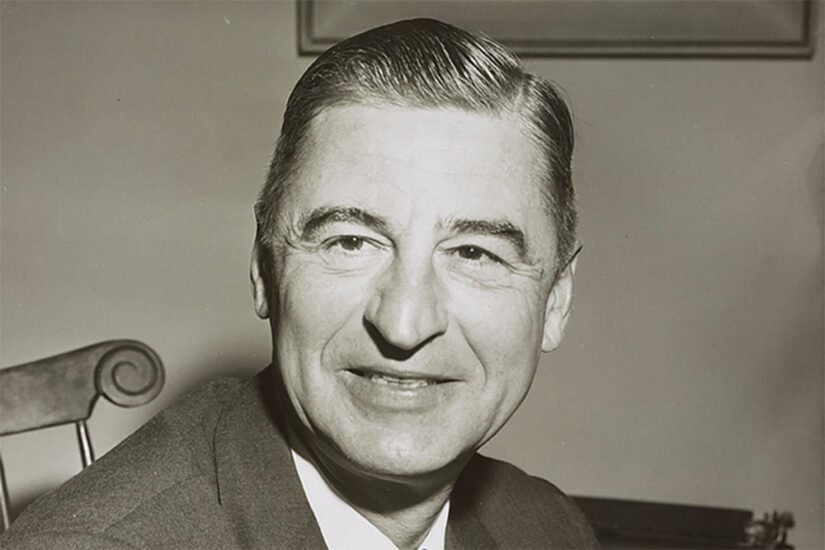Dr. Seuss Day is coming up on March 2! Here are some of our favorite Dr. Seuss stories – and the valuable lessons they teach us.
One thing that we particularly love about Dr. Seuss is how his books are relatable to children, yet they also convey mature moral lessons to help better our lives. We all love Dr. Seuss’ more famous titles like How the Grinch Stole Christmas! and Oh, the Places You’ll Go! – but today we’d like to touch on some lesser-known stories.
I Had Trouble in Getting to Solla Sollew (1965)
“I’m off to the City of Solla Sollew
On the banks of the beautiful River Wah-Hoo,
Where they never have troubles! At least, very few.”
I Had Trouble in Getting to Solla Sollew follows the story of a young narrator who is constantly plagued by pests throughout his homeland, the Valley of Vung. After having a terrible day where he stubs his toe, sprains his tail, and gets bitten by a green-headed Quilligan Quail, the narrator finally decides to put an end to his troubles once and for all. A passing traveler tells the narrator about the mystical city of Solla Sollew, which supposedly is a land free of “troubles.” The book follows the narrator’s treacherous journey to Solla Sollew, only to find that his destination wasn’t what he thought it’d be. The narrator decides to return home, but this time instead of running from his troubles – he’ll face them head on! I Had Trouble in Getting to Solla Sollew is a wonderful story about determination and resilience – difficulties are a part of life, and learning to overcome these obstacles is a valuable skill we can all benefit from. Rather than trying to avoid challenges, embrace them!
The Sneetches and Other Stories (1961)
“Those stars weren’t so big. They were really so small
You might think such a thing wouldn’t matter at all.
But, because they had stars, all the Star-Belly Sneetches
Would brag, ‘We’re the best kind of Sneetch on the beaches.’”
Sneetches are creatures who live on the beaches, but their community is divided – some Sneetches are born with desirable stars on their bellies, and they keep to themselves. The Plain-Belly Sneetches feel excluded from the Star-Belly Sneetches, who get to live on the nicer parts of the beaches and enjoy exclusive frankfurter parties and picnics. One day, a strange traveling salesman by the name of Sylvester McMonkey McBean comes to town with a machine that will magically add a star to any Sneetches’ belly! However, once the Plain-Belly Sneetches receive stars, the former Star-Bellied Sneetches no longer feel special – so McBean, sensing a new business opportunity, sells them on another machine that will now remove their stars. This goes back and forth a few times until everyone is mixed up, and nobody can tell who was originally a Star-Belly and who was a Plain-Belly. At last, the Sneetches realize how silly it is that the presence of belly-stars should keep them apart, and they all decide to live together on the beaches in harmony. The Sneetches illustrates why we should never judge others solely based on their appearance, and that differences in how we look shouldn’t divide our communities.
Yertle the Turtle and Other Stories (1958)
“Your Majesty, please…I don’t like to complain,
But down here below, we are feeling great pain.
I know, up on top you are seeing great sights,
But down at the bottom we, too, should have rights.”
Yertle the Turtle is king of the pond, and all the other turtles are happy with their lives. However, Yertle isn’t satisfied and feels that his kingdom is too small. Yertle believes he needs to be higher up in order to “look down” over other lands he can rule over. Yertle orders the turtles in the pond to begin stacking themselves on top of one another to create his “throne” – but Yertle is still never content. While Yertle is perched upon his turtle tower in the clouds, the others below him complain of the discomfort – only to be ignored by Yertle. Everything comes crashing down when Mack, the lowly turtle at the very bottom of the tower, accidentally burps! Although whimsical, Yertle the Turtle contains several mature messages – first, that everyone in a society is equal, regardless of their status in the “pond.” In addition, a community is only as strong as its weakest link. Although some people may wish to remain “on top” – as Yertle finds out, this is not sustainable in the long run.


